UCL Warning Research Centre Launch Event at STS
30 June 2021, 1:00 pm–5:00 pm
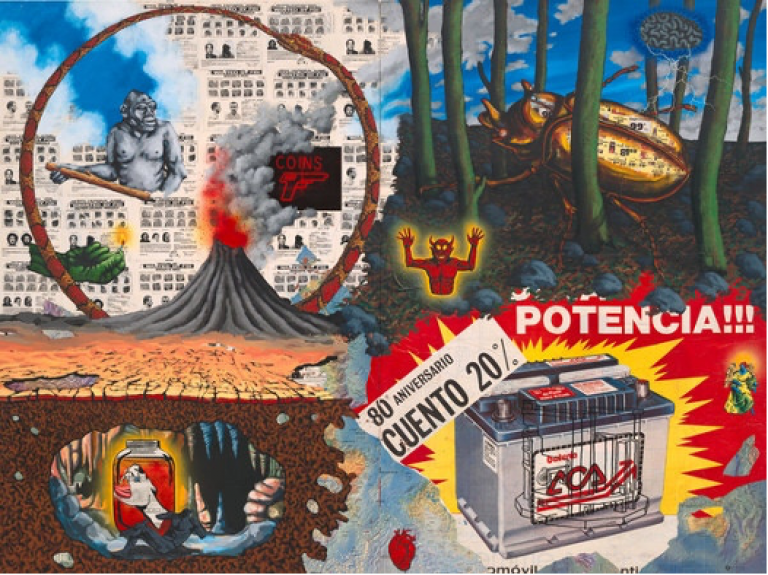
The UCL Warning Research Centre invites researchers, practitioners, policymakers, businesses, the media, and the general public to a webinar launch of the WRC within the Department Science and Technology Studies. Focused on What Warnings Mean? three sessions will explore the history and social-cultural meanings of warnings, visual representations of warnings, and putting Warnings into practice: policy and communication by bringing together a diverse global expertise.
This event is free.
Event Information
Open to
- All
Availability
- Yes
Cost
- Free
Organiser
-
Dr Carina Fearnley – UCL Institute for Risk and Disaster Reduction
Conference programme:
13:00-13:15 - Welcome by Dr Carina Fearnley, Director of the UCL Warning Research Centre
13:15-14:15 - Session 1: Historical depictions of Warnings. Panel session chaired by Simone Philips
14:15-14:30 - Tea Break
14:30-15:30 - Session 2: Visual representations of warnings. Panel session and outbreak discussions chaired by Calum Mackay
15:30-15:45 – Tea break
15:45-16:45 - Session 3: Putting Warnings into Practice: policy and communication. Panel session chaired by Dr. Carina Fearnley
16:45-17:00 – Conference closing by Prof Ilan Kelman, Deputy Director of the UCL Warning Research Centre
Confirmed Speakers:
Session 1: Historical depictions of Warnings.
Focused on the history and historical depictions of warnings from a global perspective this session will begin by viewing a short video created by UN Women Bangladesh, followed by a conversation about the video by the panel members before diverting into a more general discussion of warnings and their history and brief Q&A.
- Alice Bennett. Senior Lecturer in English, Liverpool Hope University
- Alice Bennett is a senior lecturer in English Literature at Liverpool Hope University. She is currently writing a book called Alarm, which explores the history and culture of alarms for Bloomsbury’s Object Lessons series.
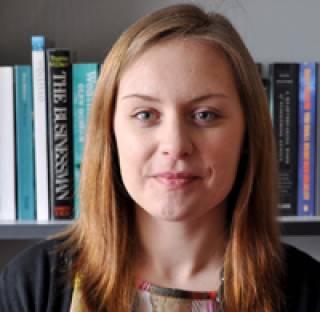
@alicecbennett
https://www.hope.ac.uk/si/dr-alice-bennett.html - Maureen Fordham, Centre Director, IRDR Centre for Gender and Disaster, UCL
- Maureen Fordham is Professor of Gender and Disaster Resilience. She has been researching hazards and disasters since 1988 and is an expert on gender and intersectionality; community-based disaster risk reduction; resilience, capacities and vulnerability analysis, focusing particularly on the inclusion of a range of social groups, especially women and children.
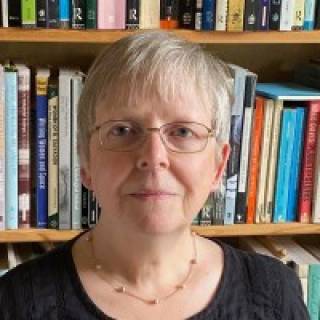
https://www.ucl.ac.uk/risk-disaster-reduction/research/centre-gender-and... - Md. Mohsin, Secretary, Ministry of Disaster Management and Relief
- Mr. Md. Mohsin is the Secretary, Ministry of Disaster Management and Relief, Government of Bangladesh. As a member of Bangladesh Civil Service, he has more than 30 years of experience in different ministries. He is leading the national policy formulation and implementation in disaster risk management. He played a key role in preparing the National Plan for Disaster Management 2016-2020 & 2021-2025 and Standing Orders on Disaster 2019.
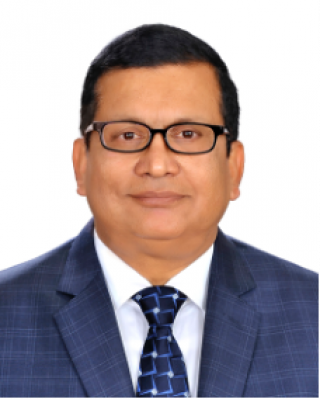
https://modmr.gov.bd/
Session 2: Visual representations of warnings
The session will focus on the visual depiction of disasters in art and society, looking to facilitate a discussion centred around the importance of engaging communities with warning systems via art in its multiple forms, and to discuss key examples. These art forms could be physical paintings, sculptures, photography or even the practice of oral stories like poetry and songs. Following this there will also be the opportunity for a breakout room session and discussion between the audience and our panel members discussing how best to visually represent warnings.
- Karen Holmberg, Visiting assistant professor, University of New York
- My current fieldwork includes serving as PI/lead scientist on a transdisciplinary team examining a prehistoric rock art site at the Chaiten volcano in Chile. I am interested in digital imagery, archiving past material, and envisioning different futures. I experiment with these as co-director of two art-science initiatives: New York Virtual Volcano Observatory and the WetLab.
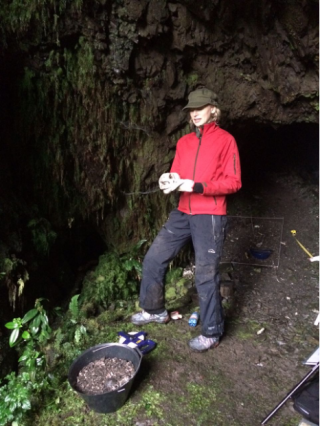
@karenholmberg
www.karenholmberg.com - Jemila MacEwan, Artist
- Jemila MacEwan is an interdisciplinary artist based in New York. MacEwan is known for her intimately interwoven earthworks, sculptures and performances engaged with the emotional complexity of being human within the Holocene extinction. MacEwan has exhibited widely in the USA and abroad and is a current recipient of The Marten Bequest Travelling Scholarship.
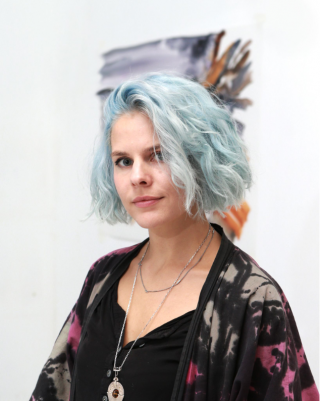
www.jemilamacewan.com - Saskia van Mannen, Independent researcher & co-founder of the Design Network for Emergency Management
- Saskia uses human-centred design to translate scientific insights into understandable and actionable information for disaster risk reduction. She holds a PhD in Volcanology, an MA in Product Design and Innovation and an M.Sci. in Geophysics.
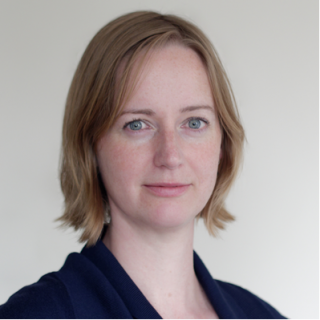
@DNEM_global, @saskiaworldwide
www.dnem.org
- Deborah Dixon, Professor of Geography University of Glasgow
- Deborah is an internationally recognised scholar in feminist geopolitics, and has been key to the emergence of ‘geohumanities’ as an inter-disciplinary field of research and practice. She is the co-founder and editor of the new inter-disciplinary (American Association of Geography) journal GeoHumanities, which publishes analytic and practice-based research, as well as accounts of arts performances and outputs, and hosts online art exhibitions.
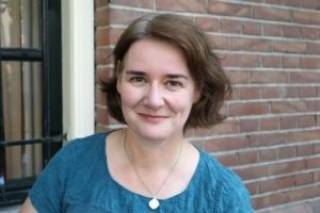
www.gla.ac.uk/schools/ges/staff/deborahdixon/
Session 3: Putting Warnings into Practice – policy and communication
This session explores the development and implementation of warnings systems both in the UK and internationally, with particular focus on the role that policy plays in establishing warning systems, and the challenges of achieving effective communication. Panel members will provide their insights prior to a brief discussion and Q&A.
- Suzanne Raine, Visiting Professor, Department of War Studies, and Affiliated Lecturer Department of Politics and International Studies (POLIS), University of Cambridge
- Suzanne served for 24 years in the British FCO, including postings in Poland, Iraq and Pakistan. She specialised in counter-terrorism, holding a number of senior domestic appointments including Head of the JTAC from 2015-2017. She is a Trustee of the Imperial War Museum, the Royal United Services Institute (RUSI) and Stop The Traffik.
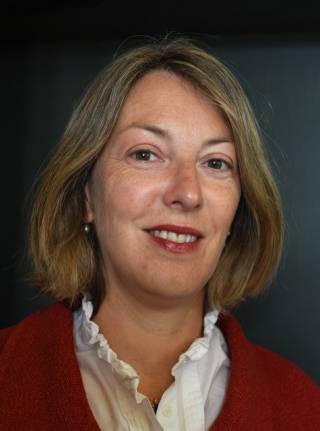
@Suzanneraine2
- Catalina Jaimie, Climate and Conflict Manager, Red Cross Red Crescent Climate Centre
- Catalina is currently the Manager of the Climate and Conflict unit at the Climate Centre and is the lead on Anticipatory Action in situations of conflict at the Anticipation Hub. During the last years she has coordinated the global strategic development of Forecast-based Financing/Anticipatory Action and has been the knowledge manager of the Science for Humanitarian Emergencies & Resilience (SHEAR) programme. Catalina’s background is in industrial engineering, with a MA in Humanitarian Action, specialized in conflict, disasters and peacebuilding from Uppsala University, she is currently doing her PhD on Early Warning and Early Action in situations of Conflict at the University of Twente/ITC. She has more than 16 years’ experience in humanitarian action, most of them working on Climate Change Adaptation and Disaster Risk Reduction in FCV contexts in Colombia, Nepal, Haiti, Uganda, Madagascar and the Philippines.
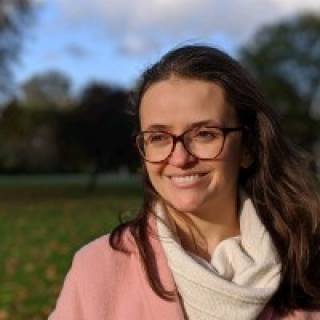
@CatalinaJaime2
https://www.linkedin.com/in/catalina-jaime-sanchez-02b62338/
- Sophie Dannreuther, Director of the Centre for Long-Term Resilience (CLTR)
- Sophie is the co-founder and Director of the Centre for Long-Term Resilience (CLTR), a non-profit that connects policymakers to leading academics who work on important long-term challenges. She is also a Research Affiliate at Cambridge University’s Centre for the Study of Existential Risk.
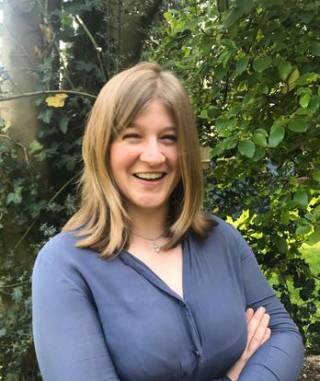
@dannruthless @longresilience
sophie@longtermresilience.org
Get involved:
Tweet #UCLWRC
Submit your questions in the webinar Q&A or in advance to wrc@ucl.ac.uk
Please note, this event will be available on the UCL WRC YouTube channel as a recording. By attending the event you consent to this.
 Close
Close

